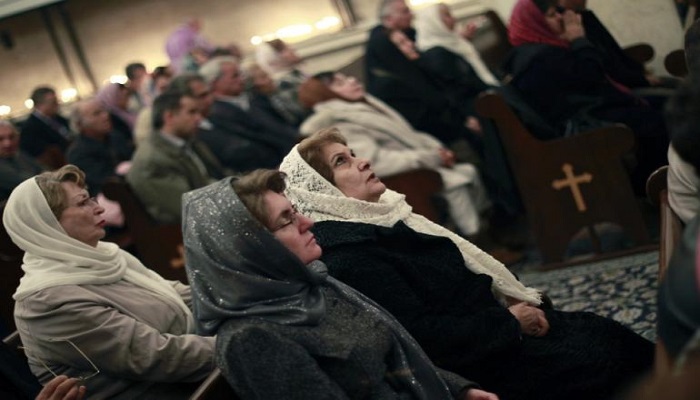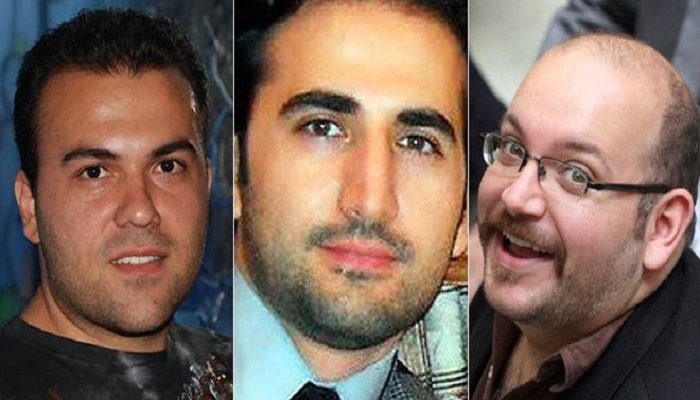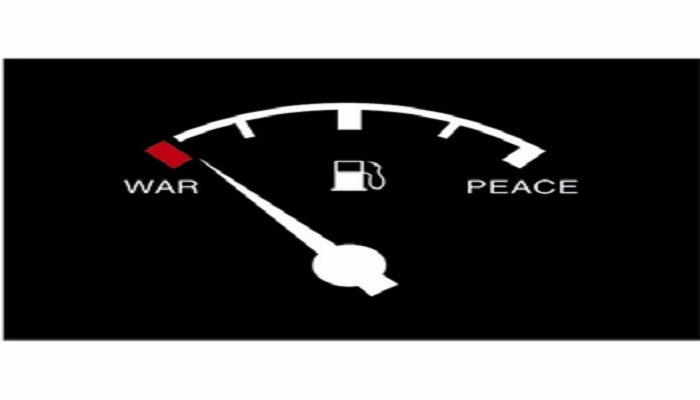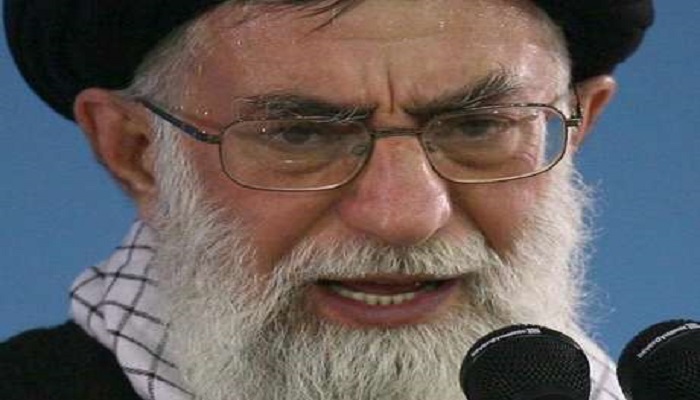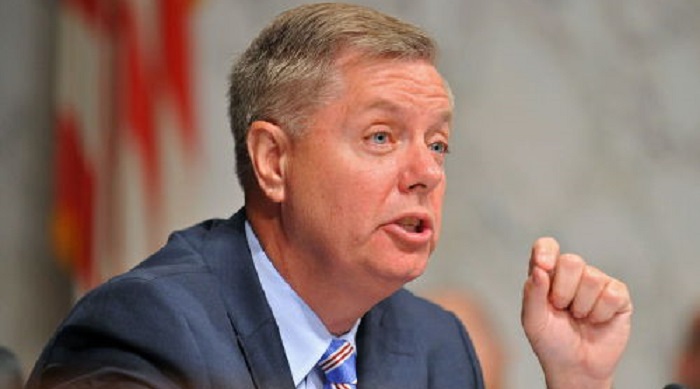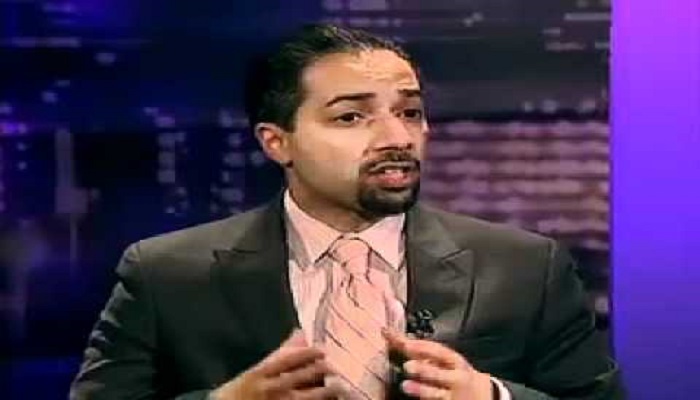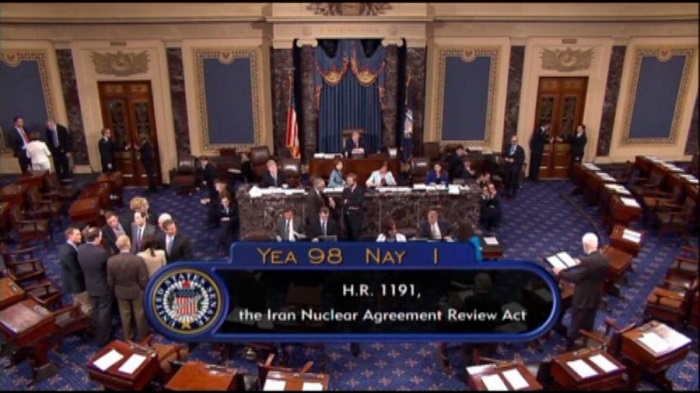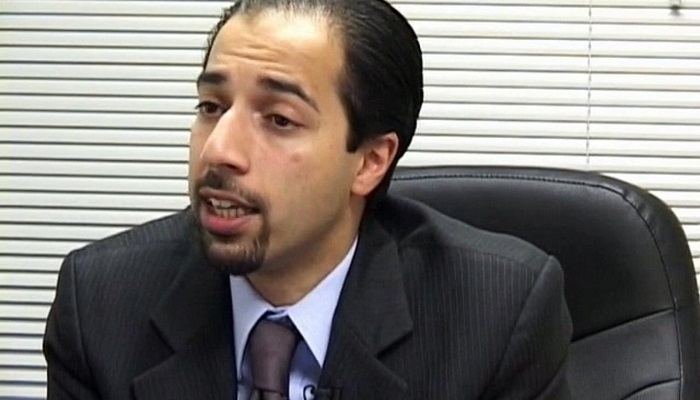 With the June 30 deadline looming for the third round of nuclear talks between the P5+1 group of nations and the Iran regime, the news media have picked up steam in discussing the possibility of foreign companies jockeying for position in investing in Iran once a deal is completed.
With the June 30 deadline looming for the third round of nuclear talks between the P5+1 group of nations and the Iran regime, the news media have picked up steam in discussing the possibility of foreign companies jockeying for position in investing in Iran once a deal is completed.
But in the immortal words of Greek fabulist Aesop “do not count your chickens before they are hatched.” More than a cliché, they are prudent and appropriate words for any companies looking to take advantage of a newly opened market in Iran.
USA Today ran a story looking at visiting business delegations streaming into Tehran, all with an eye towards the completion of these talks and a signing of a deal. The vast majority of these companies are European with only a few American firms kicking the tires of an open Iranian market.
“Even if all sanctions are lifted, there will still be blacklists of Iranian companies that Western companies should avoid,” said Bijan Khajehpour of Atieh International, a consulting firm in Vienna that works to bring companies into the Iranian market. “Assets in the economy controlled by the semi-state organizations are gradually approaching the size of government.”
But Khajehpour is wrong when he says that “developing Iran’s economy will lead to greater peace, political reform and moderation by its revolutionary government” because Khajehpour has a long record of associating with supporters and lobbyists of the Iran regime, including Trita Parsi of the National Iranian American Council, in efforts to direct companies and investment into Iran.
Khajehpour and his firm – co-founded with his wife Pari Namazi who is the sister of Siamak Namazi a close confidante of Parsi – have been boldly supportive of the regime in advocating for the lifting of economic sanctions by working to steer greater interest by foreign companies in Iran. The effort is designed to create a fait accompli and build global momentum towards the “inevitability” of a nuclear deal.
While the potential size of the Iranian market is significant with 81 million people, the obstacles are daunting irrespective of what happens at the negotiating table in Switzerland. For one thing, Iran ranks in the top 40 of most corrupt nations according to Transparency International; listed at 136, tied with Nigeria and Cameroon, with corruption running rampant throughout Iran’s government with much of the nation’s wealth diverted to the mullahs who control the country and their families.
Another facet of this corruption is the shell-company ownership of vast sectors of the Iranian economy by quasi-governmental entities such as Iran’s Revolutionary Guards Corps military which controls nearly a tenth of the entire nation’s economy by some estimates. The IRGC has made no bones about its desire to see a completed nuclear deal because of the vast wealth that would be pumped into its coffers at a crucial time when it has expended billions of dollars in propping up the Syrian regime, Shiite militias in Iraq and Houthi rebels in Yemen.
The IRGC also recognizes that unless it can secure a deal and have foreign investment flow back in, disaffected Iranians suffering under the mismanagement and general ineptness of the mullahs might very well choose regime change in order to get their Apple iPhones and McDonald’s Big Macs.
The true scope of the conundrum facing Western companies revolves around the central idea of why would you want to invest billions in a corrupt regime who’s very actions might turn all those billions into lost assets in the likelihood that Iran’s mullahs continue their nuclear development in secret as they did before?
Every public hanging, arrest of a religious minority, acid attack on a woman, or assault by Shiite militia poisons the well so to speak and makes it untenable for any politician to give the mullahs what they want, especially in an election cycle.
By Michael Tomlinson
